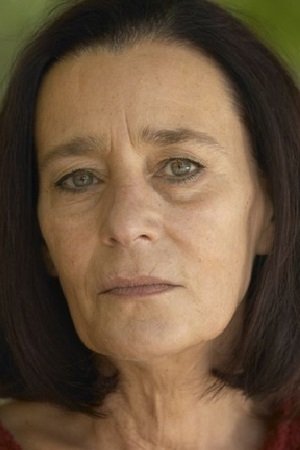
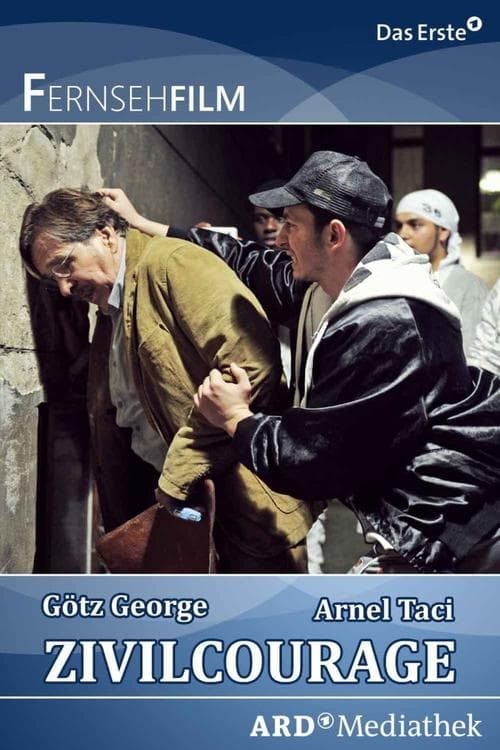
For almost 30 years, bookseller Jordan has lived and worked in a neighborhood in Berlin that has become a social hotbed. As Jordan witnesses a teenager brutally beating up an older man, he intervenes and files a complaint - with unimaginable consequences ... Director Dror Zahavi ("Everything for my father", "My life - Marcel Reich-Ranicki") succeeded after a screenplay by Jürgen Werner ("Tatort - With a steady hand", "Schimanski - layer in the pit", also with Götz George) an atmospherically tightly staged and outstandingly played portrait of a so-called problem district. Here nothing is glossed over, but instead the reality shown and the powerlessness of our judicial system mercilessly layed bare. A highlight of 2010!

After overseeing major projects as a construction manager for many years and having traveled all over the world, Peter is taking early retirement. First of all, he has big plans for the new phase of his life: he can finally make up for a missed togetherness with his wife Charlotte, a successful scientist who will soon follow him into retirement, and write his long-awaited novel. The reality, however, soon turns out to be far less romantic: Charlotte has little time for her husband because of her job, and Peter can't even get past the first sentence in his novel.

Thuringia, around the turn of the century: Eva Hermsdorf takes up a position as governess at the court of Count Rudolph von Plessen. A deep affection quickly develops between the two, but a secret makes their love impossible: Rudolph is said to have killed a friend of his former lover Liliane. But Eva suspects an intrigue behind this accusation and secretly travels to Leipzig as Liliane's servant to shed light on the matter. When she finds out the truth about Rudolph's alleged murder, she finds herself in mortal danger. Only Rudolph can save her from the hands of Liliane and her cruel husband Henri.

Set against the backdrop of post-unification Germany, the film explores the breakdown of relations in a decaying social structure.
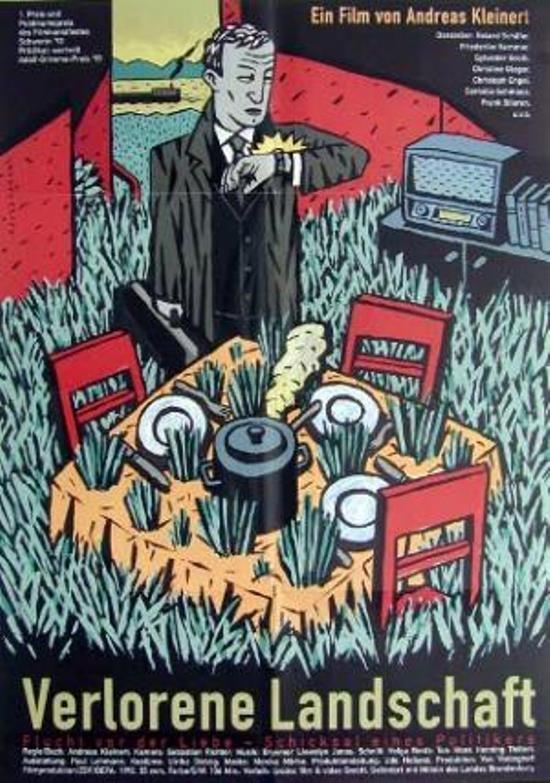
Elias, born at the end of the war, receives an anonymous phone call on his 47th birthday: his parents are dead. He is now a successful politician, but thirty years ago he had fled from his home and parents in the East to seek a new life in the West. The return to his parental home causes Elias a sense of unease and disturbs the rigid order and complacency of his life.
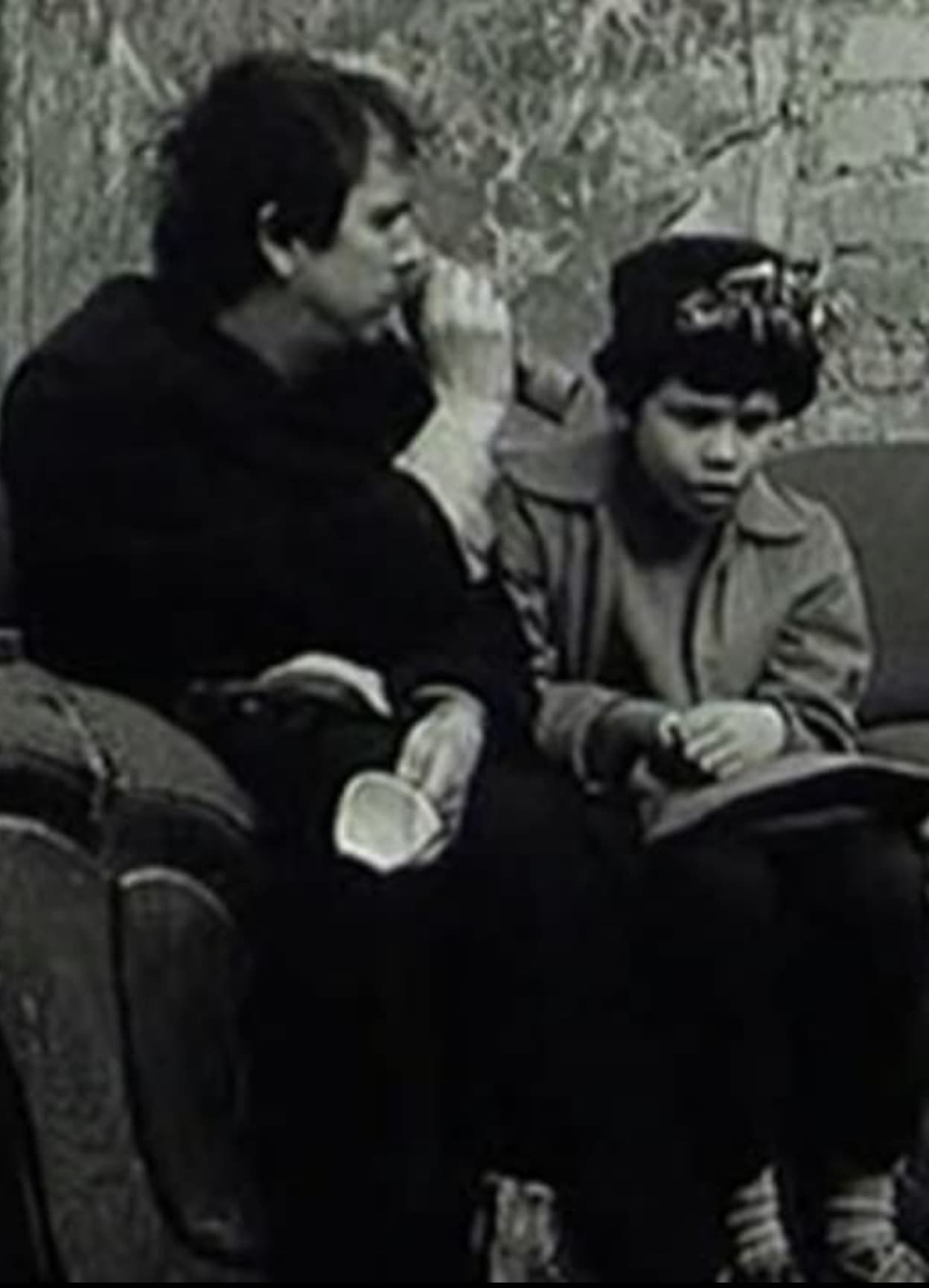
Film director Andreas Kleinert belongs to the last generation of filmmakers that emerged in the former German Democratic Republic (GDR). Born in 1962, Kleinert's attitudes were shaped by the late 1970s, and particularly by the 1980s—a period of increasing disillusionment. He wrote his thesis on “Levels of Consciousness in the Film Poetry of Andrei Tarkovsky,” the late Soviet film director who made a name for himself in the pre-perestroika years with bleak films. As Kleinert completed his film academy studies with his graduation film, Leb' wohl, Joseph ( Farewell, Joseph, 1989), the Berlin Wall fell, heralding the collapse of the GDR. Kleinert won the main prize for his diploma feature film, Leb' wohl, Joseph, at the Munich International Festival for Film Schools. The next year, this remarkable black-and-white Kafkaesque film of cryptic symbols and enigmatic metaphors was invited to compete at Locarno.
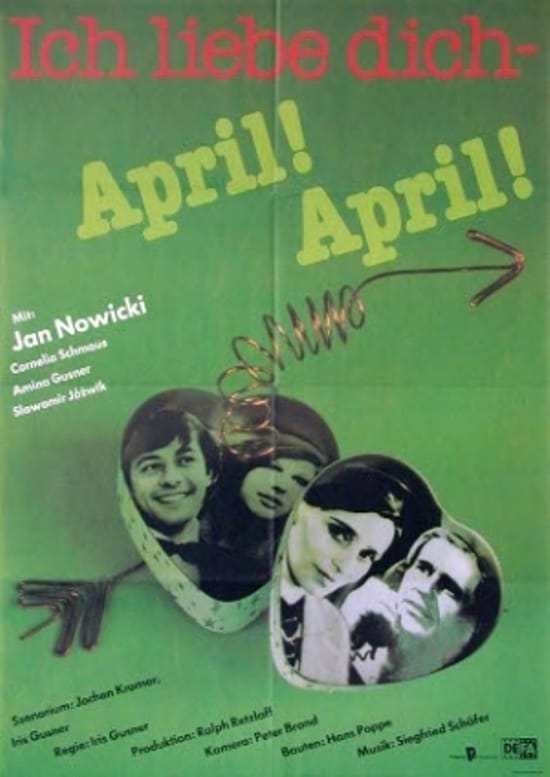
The law student Caroline and the assistant professor Tom are husband and wife, but they keep their marriage a secret. While Caroline is afraid of annoying her mother Hella who ever since her divorce twenty years ago distrusts men in general, Tom dreads the criticism of his professor, a family law specialist who objects to the concept of marriage. By chance, Caroline gets hold of some juicy information: Her mother and the professor used to be a couple and she is their child. With almost missionary zeal she addresses herself to the task of convincing the two grown-ups to get back together. In the process, however, she steers both her academic studies and her own marriage into a crisis.

By browsing this website, you accept our cookies policy.